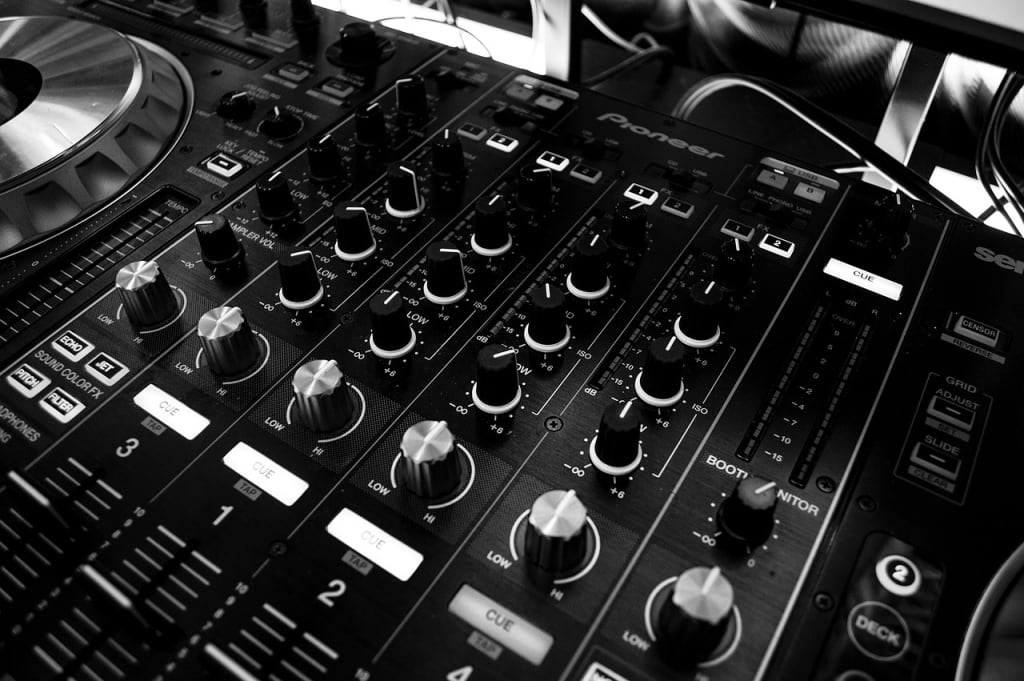The Power of Music: How Melodies Shape Our Brains and Emotions
Unleashing the Symphony Within: Exploring the Influence of Music on Our Minds and Emotions

Introduction:
Music has a remarkable ability to touch our hearts, move our bodies, and stir our souls. It is a universal language that transcends cultural boundaries and speaks directly to our emotions. From the tribal rhythms of ancient civilizations to the complex compositions of classical maestros and the infectious beats of modern pop, music has always played a central role in human culture. But beyond its aesthetic and entertainment value, music possesses a profound power to shape our brains and emotions in ways that scientists are only beginning to understand.
Research in the field of neuroscience has revealed that listening to music activates multiple regions of the brain, including those involved in processing emotions, memory, and reward. When we hear a melody, our brains undergo a complex series of reactions. The auditory cortex, responsible for processing sound, deciphers the different components of music, such as rhythm, pitch, and timbre. Simultaneously, the emotional centers of the brain, such as the amygdala and the hippocampus, light up, triggering the release of neurotransmitters like dopamine, serotonin, and oxytocin.
One of the most fascinating aspects of music's impact on the brain is its ability to evoke strong emotional responses. Certain musical passages can instantly transport us to a specific time and place, evoking memories and emotions associated with that moment. This phenomenon is particularly evident in individuals suffering from conditions like Alzheimer's disease, where even in advanced stages of cognitive decline, familiar songs can elicit deep emotional reactions and unlock fragments of lost memories.
Moreover, music has been shown to modulate our emotional state. It can lift our spirits when we are feeling down, soothe us in times of stress, and intensify our joy during moments of celebration. Different genres of music have unique effects on our emotions, reflecting the interplay between rhythm, melody, and lyrics. Upbeat and fast-paced songs can increase heart rate and evoke feelings of excitement, while slow, melodic tunes have a calming effect, reducing anxiety and promoting relaxation.
Beyond its influence on emotions, music has the power to enhance cognitive abilities. Numerous studies have demonstrated a link between musical training and improved cognitive skills, such as attention, memory, and problem-solving. Learning to play an instrument, for example, engages various cognitive processes simultaneously, including auditory processing, motor coordination, and spatial reasoning. These mental exercises strengthen neural connections, leading to enhanced brain function that extends beyond the realm of music itself.
In recent years, the therapeutic applications of music have gained recognition in healthcare settings. Music therapy has been shown to alleviate pain, reduce stress, and improve the overall well-being of patients. It is particularly effective in addressing mental health conditions, such as depression and anxiety, as well as neurodevelopmental disorders like autism. Music therapy taps into the power of music to establish emotional connections, facilitate self-expression, and promote relaxation, making it a valuable tool in supporting mental and emotional health.
The power of music to shape our brains and emotions extends beyond the individual level; it has the ability to create social bonds and strengthen communities. Music has been an integral part of communal rituals and celebrations throughout human history, fostering a sense of belonging and unity. It has the capacity to transcend language barriers, enabling people from different backgrounds to connect and communicate through shared musical experiences.
Conclusion:
Music possesses an extraordinary power to shape our brains and emotions. It activates multiple regions of the brain, evokes strong emotional responses, enhances cognitive abilities, and has therapeutic applications. Whether it is a melancholic melody that brings tears to our eyes or an uplifting anthem that moves us to dance, music has the ability to touch us deeply and profoundly. By embracing and harnessing the power of music, we can enrich our lives, connect with others, and explore the boundless possibilities of human expression and emotion.





Comments
There are no comments for this story
Be the first to respond and start the conversation.